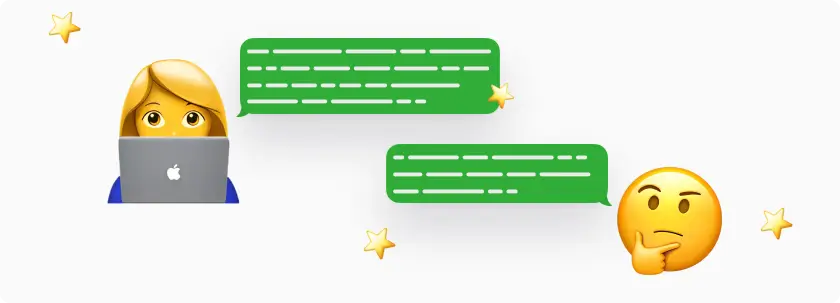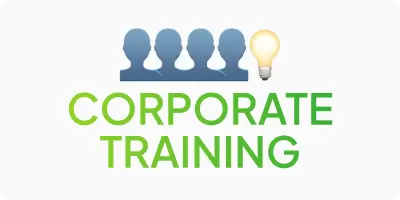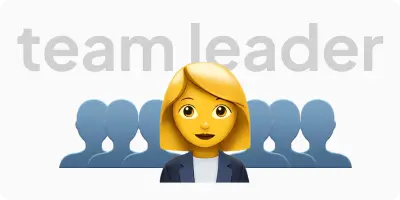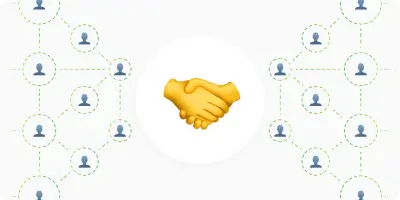
An interview is an important step in the hiring process, during which an employer evaluates a candidate for compliance with the company’s requirements. There are many different interview formats, each of which has its own characteristics and advantages. In this article, we will review the main types of interviews and tell you how to prepare for them.
Telephone interview
A telephone interview is the initial stage of the candidate selection process. The employer has a short conversation with the candidate to assess his or her motivation, basic knowledge, and self-confidence. This format allows you to determine whether to invite the candidate to further stages of selection.
Preparation: Research the company and the position in advance, record a short presentation about yourself. Keep your resume handy for quick access to facts and dates.
Behavior: Answer clearly and confidently. Avoid long pauses or uncertain answers. Smile while speaking, this is reflected in your tone of voice.
Who conducts: Usually a recruiter or HR manager.
Objective: Determine the candidate’s basic compliance with the job requirements and understand their motivation. This is a quick way to weed out candidates who are clearly not a good fit and decide who to invite for a more detailed interview.
Online interview (video interview)
With the development of technology, online interviews have become very popular. They can be conducted via various platforms such as Zoom, Skype, or Google Meet. This format allows the employer to evaluate not only the candidate’s professional skills, but also their behavior and non-verbal cues.
Preparation: Check your equipment in advance (camera, microphone, internet connection). Choose a quiet place with a neutral background. Keep notes with the main points in front of you.
Behavior: Look into the camera, not at the screen, this creates the effect of direct eye contact. Dress appropriately for the interview format.
Who conducts: An HR manager, recruiter, or the candidate’s potential supervisor.
Objective: To conduct a full assessment of the candidate at a distance. Professional skills, communication skills, and non-verbal cues are assessed. This format is used when a personal meeting is impossible or difficult.
Group interview
A group interview involves several candidates participating at the same time. It may include group discussions, case studies, or presentations. This format allows the employer to assess the candidates’ communication and leadership skills, as well as their ability to work in a team.
Preparation: Develop a strategy for group work: be prepared to take the initiative, but do not dominate. Learn to work in a team, supporting other ideas.
Behavior: Be an active listener, express your thoughts constructively. Demonstrate a willingness to work in a team by collaborating with other candidates.
Who conducts: A team of interviewers, which may consist of HR managers, potential managers, or teammates.
Objective: To evaluate how candidates interact with each other, how they work in a team, who shows leadership and who is able to collaborate. This format is often used for positions where teamwork is key.
Structured interview
A structured interview is a format in which the employer asks pre-prepared questions that are the same for all candidates. This allows you to objectively compare the answers of different candidates and choose the most suitable for the position.
Preparation: Study the typical questions that may be asked and prepare answers using real-life examples from your experience.
Behavior: Answer in a structured manner, using the STAR (Situation, Task, Action, Result) methodology. Stick to the specifics without deviating from the question.
Who conducts: HR manager, recruiter or potential manager.
Objective: To evaluate a candidate according to clear criteria using standardized questions. This allows you to compare different candidates based on the same answers and reduces the risk of subjectivity in the assessment.
Technical interview
This type of interview is usually used for positions that require specialized technical knowledge. Candidates may be presented with problems to solve, as well as questions about the technologies and tools used in the company.
Preparation: Update your knowledge in key technologies related to the position. Practice on real-world tasks or technical interview platforms.
Behavior: Think out loud when explaining your actions. If you have difficulty solving a problem, don’t be afraid to ask clarifying questions.
Who conducts: A potential manager or technical specialist (e.g., a developer).
Objective: To test the candidate’s technical skills and knowledge. This can be either a practical skills test or a discussion of theoretical issues related to specific technologies or tools.
Case interview
Case interviews are a popular format in consulting and other professional fields. The candidate is asked to solve a specific business problem or situation, assessing their analytical skills and approach to problem solving.
Preparation: Study the case studies, solve them on your own or with friends. Practice logical thinking and structuring your thoughts.
Behavior: Ask clarifying questions to better understand the task. Break down the solution into steps and explain your approach at each stage.
Who conducts: A potential manager or team involved in analytics, consulting, or other professional fields.
Objective: To evaluate the candidate’s analytical skills, logic, and ability to solve complex problems. Often used in consulting companies or for management positions.
General tips for successful job interviews

- Prepare thoroughly: Familiarize yourself with the company, its culture, job requirements, and typical interview questions. Prepare a portfolio that demonstrates your experience and achievements.
- Be honest and open: Employers appreciate sincerity. If you don’t know the answer to a question, it’s better to admit it than to try to cheat.
- Control your stress: Use breathing, relaxation, or other stress management techniques before the interview. A calm and confident tone of voice contributes to a positive impression.
- Show motivation: Employers are not only looking for professionals, but also people who are passionate about their work and the company. Show your motivation and desire to work in a team.
- Don’t be afraid to ask questions: An interview is a two-way process. Ask about the details of the job, benefits, team, projects – this shows your interest and helps to assess whether the company is right for you.
Conclusion
There are many types of job interviews. Each of them allows for different goals and methods of conducting them. To be successful in any interview, you need to be prepared, be honest, control your stress, show motivation, and ask questions confidently.g) and focus on current tasks so that the training is as effective and correct as possible.












